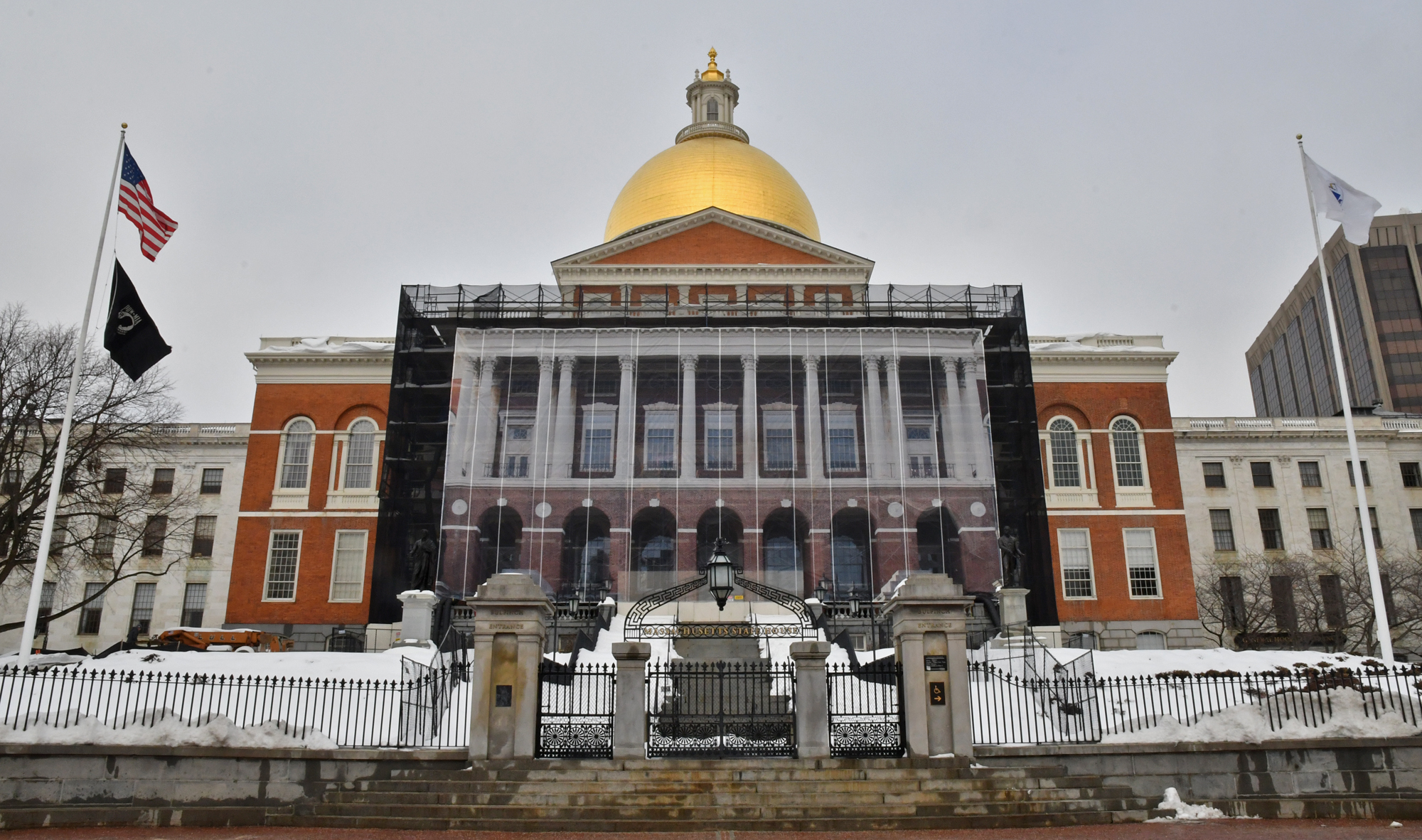Why civil asset forfeiture simply won’t die
By Robert Gebelhoff
Assistant editor and Opinions contributor
July 25, 2017 at 11:04 a.m. EDT
Attorney General Jeff Sessions at the White House in Washington on March 27. (Jabin Botsford/The Washington Post)
That Attorney General Jeff Sessions would resurrect a controversial federal program for civil asset forfeiture isn’t surprising. He has long been one of the rare advocates for the policy, a vestige of the war on drugs restricted by the Obama administration that allowed local and state law enforcement officials to use federal law to seize (and keep) property suspected of crime.
But his announcement last week that the Justice Department was expanding the practice nonetheless perfectly illustrates the stubborn persistence of civil asset forfeiture. Liberals and conservatives alike despise it: Both the American Civil Liberties Union and the Charles Koch Institute have lobbied against it, achieving legitimate success at both the federal and state levels. Meanwhile, supporters of civil forfeiture — almost exclusively from the law enforcement community — are few and far between.
Yet civil asset forfeiture refuses to die. It remains an embarrassing fixture of our criminal-justice system — wandering like a zombie with an affinity for pickpocketing.
Why? Probably because police have become addicted to the revenue stream it provides. Conservatives often argue that it’s impossible to rescind welfare programs once people become accustomed to them. Perhaps that logic is better suited for law enforcement officers who don’t want to give up their slush funds.
Sessions suggested this pretty strongly in his directive last week. In public remarks, the attorney general said that law-abiding people whose property is used without their knowledge for illegal purposes should “not be punished because of crimes that others have committed.” But his directive explicitly allows Justice Department officials to seize such property — provided that they do so “with particular caution.” If it’s not about the money, what reasonable reason for seizing the property of law-abiding people could there be?
“Really this comes down to funding,” said Darpana Sheth, director of the civil forfeiture initiative at the Institute for Justice, a libertarian nonprofit law firm.
Consider New Mexico, which implemented one of the nation’s most comprehensive forfeiture reforms in 2015. Not only did the state ban most of its state-level civil forfeiture, but it also required police to hand over all property seized under criminal convictions to the state, to be appropriated by lawmakers.
But local officials didn’t think that law applied to them, so they continued with civil property seizures anyway. The city of Albuquerque seized so many cars that it created plans — after the reform law went into effect — to build a complex to store them. Now, frustrated New Mexico lawmakers are working on legislation to explicitly forbid the city from taking its residents’ vehicles.
It’s hard to overstate how terribly law enforcement has abused this policy. Revenue from federal asset forfeitures increased by 1,000 percent from 2001 to 2014, amounting to $29 billion. A Reason magazine investigation showed that in cities such as Chicago, poor people have been hit the hardest. Police often ramp up the practice during tough economic times.
Sessions, of course, is right that giving police the power to seize property could help them address crime. But so could giving police unlimited access to our homes and personal information, as well as the indiscriminate power to kill suspected criminals. We don’t give them that power because that would be crazy.
Over the years, as civil forfeiture became subject to greater scrutiny, many states attempted to curb the practice with their own reforms. But Sessions’s directive would take the wind out of those efforts by once again giving local police the ability to seize property under federal law. For a supposedly conservative administration, such blatant disregard for federalist principles is shocking.



![21dc-scotus-sub-superJumbo[1]](https://rucci.law/wp-content/uploads/2023/12/21dc-scotus-sub-superJumbo1.jpg)

![shutterstock_120789925_0[1]](https://rucci.law/wp-content/uploads/2023/12/shutterstock_120789925_01.jpg)

![uk-crypto-crime[1]](https://rucci.law/wp-content/uploads/2023/12/uk-crypto-crime1.jpg)
![cashncuffs_1161x653[1]](https://rucci.law/wp-content/uploads/2023/12/cashncuffs_1161x6531.jpg)
![topicsdrugs[1]](https://rucci.law/wp-content/uploads/2023/12/topicsdrugs1.jpg)

